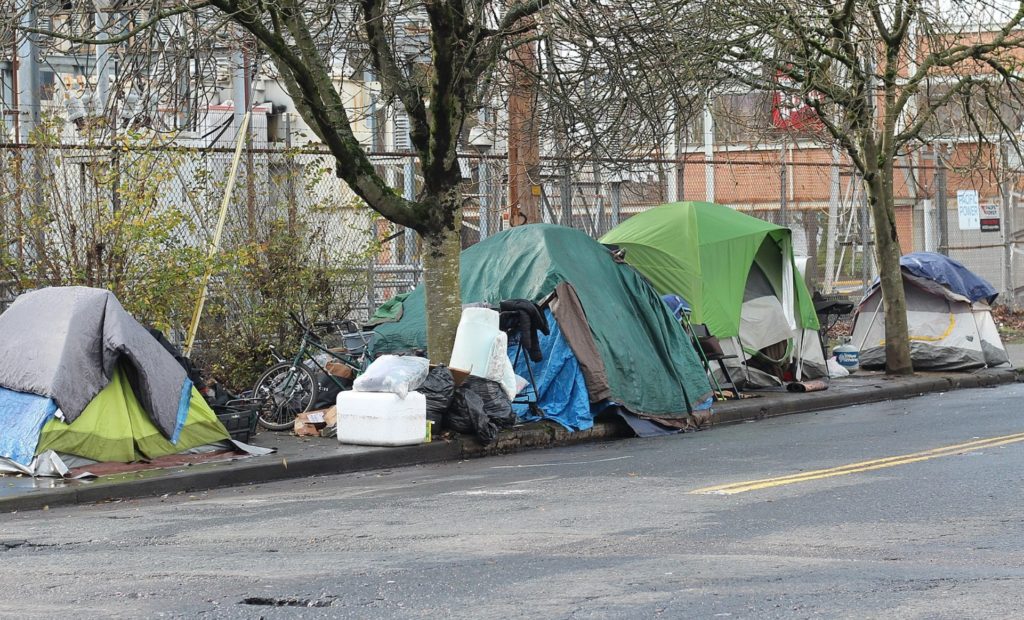by Emily Thompson, Activist Post:

America’s homelessness crisis is intensifying due to a convergence of factors that include soaring housing costs outstripping income growth, widening income inequality, and the erosion of social safety nets that historically protected vulnerable populations. The healthcare system often fails to adequately cover mental health and addiction treatment, leading to higher risks of homelessness for those who are uninsured or underinsured.
Efforts to criminalize homelessness, and the growing impact of natural disasters and climate change further complicate the lives of those without stable housing. This problem demands a comprehensive policy approach that includes investment in affordable housing, enhanced support services, and economic policies aimed at reducing inequality and securing employment opportunities.
TRUTH LIVES on at https://sgtreport.tv/
Addressing homelessness effectively requires coordinated, long-term strategies that involve all levels of government and the private sector. Strategic plans should set clear targets for reducing homelessness, backed by adequate funding and resources.
By focusing on serious comprehensive strategies, the U.S. can begin to address the root causes of homelessness. This would not only improve the conditions for homeless individuals but also enhance public spaces and strengthen community ties, reflecting a healthier, more caring society.
For example, Los Angeles Mayor Karen Bass recently pleaded with “the most fortunate” to help fund housing for the homeless as part of a new strategy to tackle the crisis during her recent State of the City address.
“We will not hide people but what we will do is house people,” the Democratic leader touted as she began her remarks on the city’s struggle to house over 40,000 homeless people. “The crisis on our streets is nothing less than a disaster.”
Bass touted the success of her signature Inside Safe program, which moved over 21,000 homeless people into temporary shelters.
She insisted this “strategy” and “system” moving the homeless into temporary housing would eventually end the homelessness crisis in Los Angeles.
But would it? And how would homelessness across the U.S. be resolved in a meaningful way?
Moving the homeless into temporary housing, as Bass suggests, represents a potential step toward addressing the homelessness crisis, but it is unlikely to be a complete solution on its own. Temporary housing can provide immediate relief for those without shelter, offering a safe space that helps stabilize individuals by removing the daily stresses and dangers associated with street living, but there are limitations to this solution.
By definition, temporary housing is not a permanent solution. Without a transition plan to permanent housing, individuals may end up back on the streets.
There is often not enough temporary housing available to accommodate all homeless individuals in any state, let alone in Los Angeles, which has one of the largest homeless populations in the U.S.
States that rely solely on temporary housing can lead to dependency without resolving the underlying causes of homelessness, such as high housing costs, low wages, or lack of healthcare.



